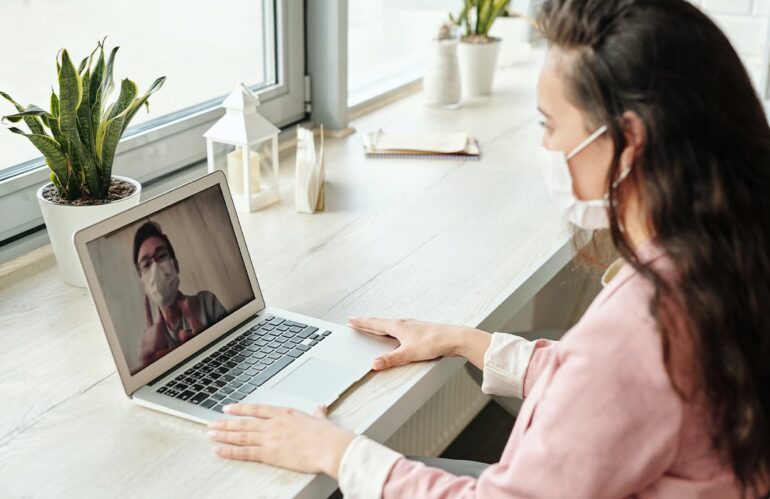As countries implement travel restrictions as part of efforts to reduce the number of people infected with COVID-19, more and more of us are making significant changes to our daily routines.
It takes time to get used to the new realities of working from home, temporary unemployment, home schooling children, and lack of physical contact with other family members, friends, and colleagues. Adapting to these changes in lifestyle, as well as overcoming the fear of contracting the virus and worrying about loved ones who are particularly vulnerable, are challenging for all of us. They can be especially difficult for people with mental health conditions.
Fortunately, there are many things we can do to take care of our own mental health and help others who may need extra support and care.
Here are tips and tricks that we hope you will find helpful.
Stay informed. Listen to advice and recommendations from national and local authorities. Follow trusted news channels, such as local and national television and radio, and keep up to date with the latest news on social media.
Have a daily routine. Follow a daily routine as much as possible or create a new one.
Get up and go to bed at the same time every day.
Take care of your personal hygiene.
Eat healthy meals at regular times.
Exercise regularly.
Set aside time for work and time for rest.
Spend time doing things you enjoy.
Minimize your news feeds. Try to reduce the amount of watching, reading, or listening to news that makes you feel anxious or upset. Look for the latest information at certain times of the day, once or twice a day if necessary.
Social contact is important. If your mobility is limited, keep in regular contact with people you care about by phone and online channels.
Alcohol and drug use. Limit the amount of alcohol you drink or do not drink alcohol at all. Do not start drinking alcohol if you have not drunk alcohol before. Avoid using alcohol and drugs as a way to cope with fear, anxiety, boredom, and social isolation.
There is no evidence of any protective effect of drinking alcohol against viral or other infections. In fact, the opposite is true, as harmful drinking is associated with an increased risk of infections and poorer treatment outcomes.
And keep in mind that alcohol and drug use can prevent you from taking sufficient precautions to protect yourself from reinfection, such as practicing good hand hygiene.
Screen time. Pay attention to how much time you spend in front of a screen every day. Make sure you take regular breaks from screen activities.
Video games. Although video games can be a way to relax, it can be tempting to spend much more time on them than usual when you are at home for long periods of time. Be sure to keep the right balance with offline activities in your daily routine.
Social media. Use your social media accounts to promote positive and encouraging stories. Correct misinformation wherever you see it.
Help others. If you can, offer support to people in your community who may need it, such as helping them with grocery shopping.
Support health care workers. Take the opportunity online or through your community to thank your country’s healthcare providers and everyone working to respond to COVID-19.
